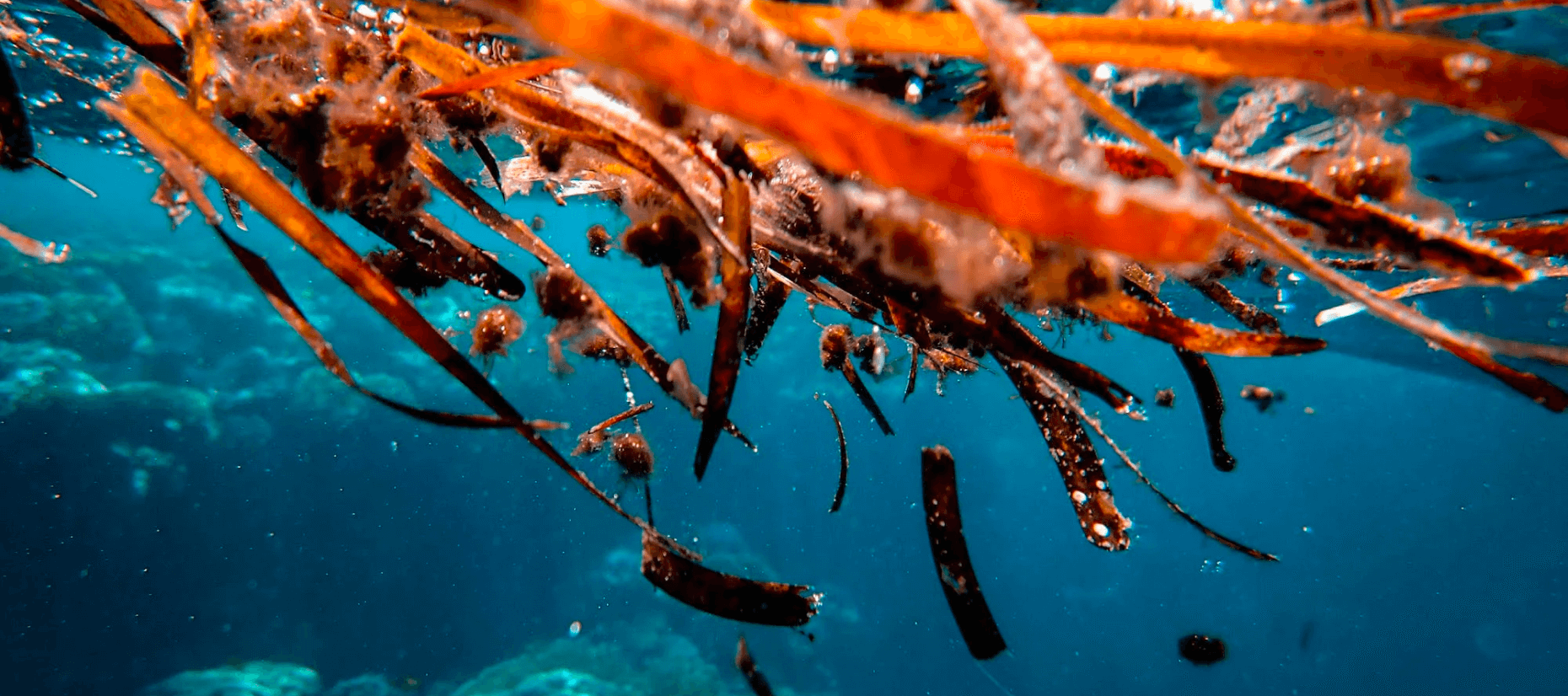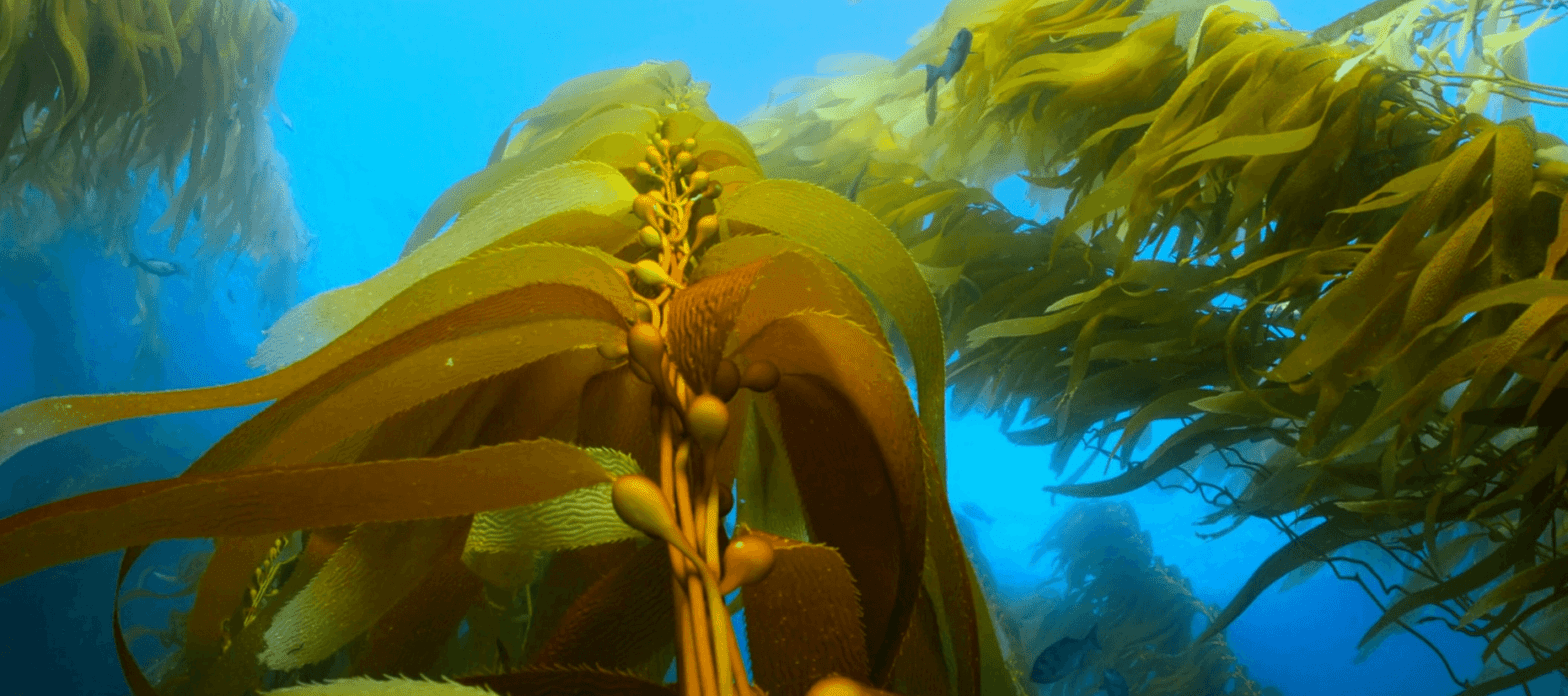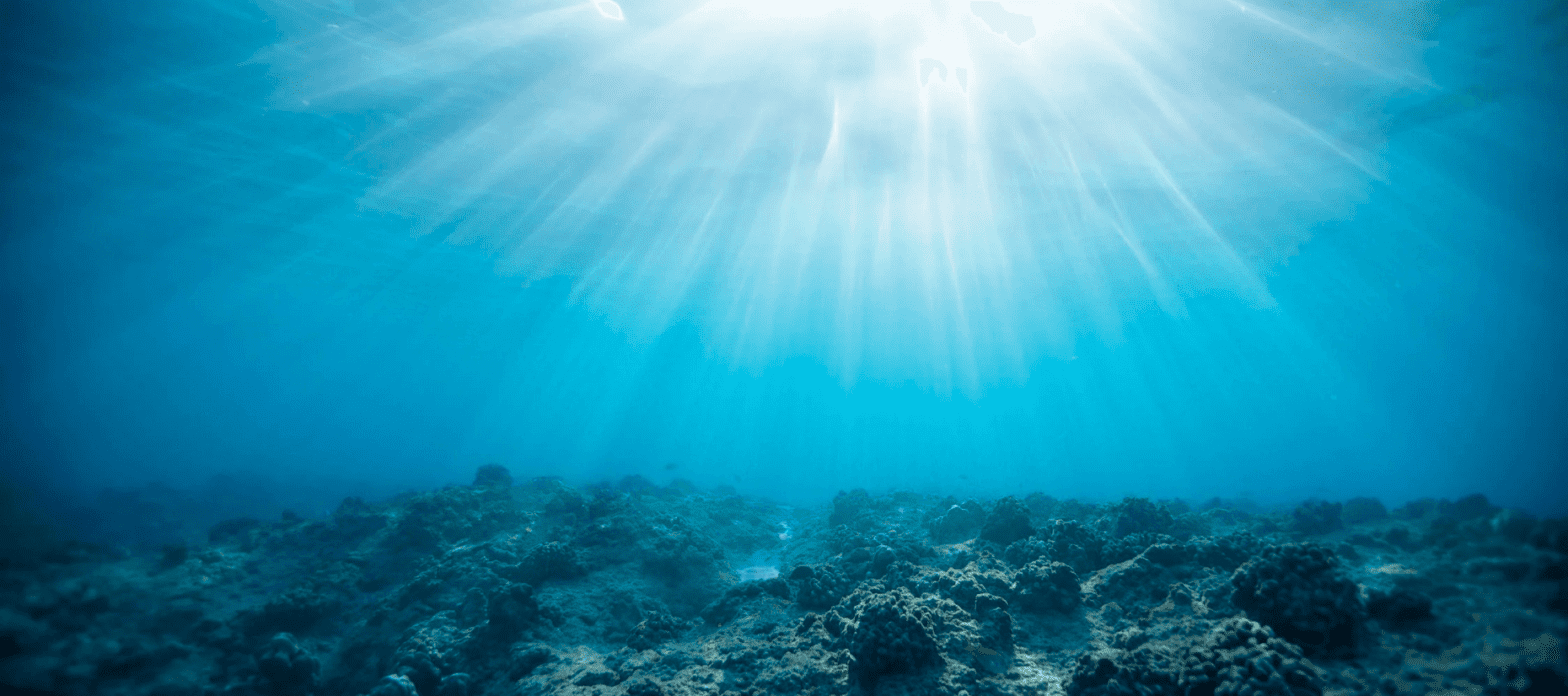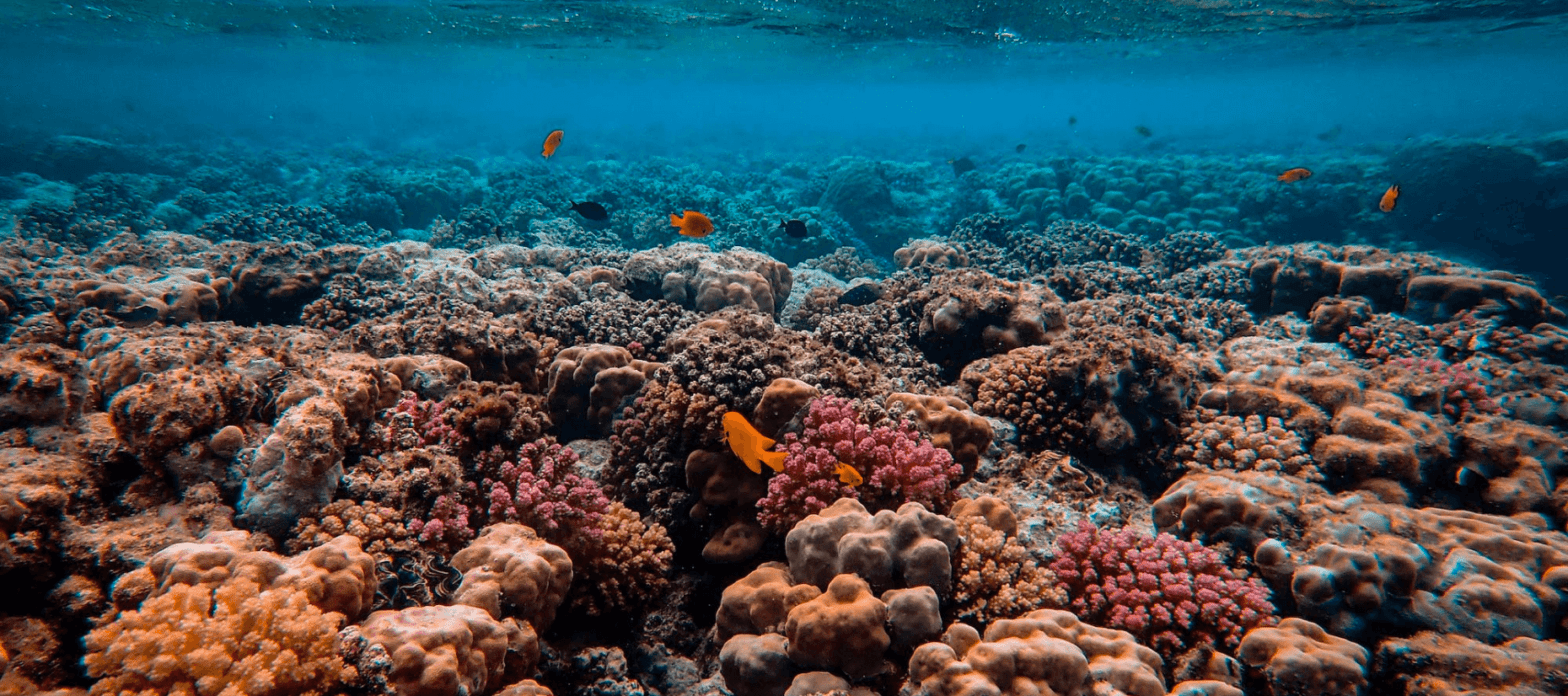- 15 June 2023
Qantas sets up AUD$400 million climate fund to invest in SAF and new technology projects.
Australia’s Qantas Group has become the latest airline company to establish a dedicated investment vehicle for sustainable projects and technologies, announcing a AUD$400 million ($267m) climate fund as part of its broader emissions reduction strategy. The group, which includes Qantas International, Qantas Domestic, Qantas Freight and low-cost Jetstar Airways, has also urged the Australian government to follow the lead of other nations and implement a blending mandate for sustainable aviation fuel to help drive sufficient demand to create a viable domestic SAF industry.
The new fund, claimed by Qantas to be the largest created by any airline, ties together an existing AUD$290 million partnership with Airbus to help deliver commercial-scale SAF production in Australia and a new commitment of AUD$110 million for other projects including offshore SAF investments, operational efficiency technologies, and high integrity carbon offsets.

The Qantas climate fund closely follows a $200 million, three-year commitment by its commercial partner Emirates to invest in research and development for sustainable aviation technologies, and similar initiatives by others including US operators United and JetBlue.
“We have already made progress towards our interim climate targets with sustainable aviation fuel powering our flights out of London, more fuel-efficient aircraft arriving every month and a mature carbon offset programme. We need to turbocharge these efforts if we are to cut our carbon emissions by 25% by 2030 and have net zero emissions by 2050.
“We’re backing our targets with an expanded investment of up to AUD$400 million to help projects get off the ground, because it’s new technologies and bringing proven solutions to scale that will deliver the emissions reductions we need, and protect the future of travel in the process.”
Qantas says SAF is “the most significant tool airlines currently have” to reduce their emissions, but adds that without a SAF industry in Australia, it must rely on supplies sourced overseas, including 10 million litres this year for flights from London’s Heathrow Airport and from 2025, commitments for another 20 million litres per year from California. It is relying upon and pushing for a SAF production industry in Australia as part of its commitment to having 10% SAF in its overall fuel mix by 2030, and approximately 60% by 2050. “State governments around Australia are making important progress on working with industry to help decarbonise, and we welcome that,” said Parker.
Qantas, Airbus and the Queensland State Government recently announced they would invest in a new alcohol-to-jet production facility planned by bioenergy company Jet Zero Australia and US-based fuel technology group LanzaJet, using locally-sourced agricultural feedstock including sugar cane to produce up to 100 million litres of SAF per year.
But the airline says more is needed. “Creating markets for new fuels is a critical part of tackling climate change, which is why we’re calling for a SAF mandate to be introduced to catalyse the development of the industry. Without the right policy settings and signals we will see investment, projects and feedstocks move offshore to places with specific policy support.”
These include the UK, Europe and Japan, which have proposed or confirmed SAF blending mandates of between 5% and 10% by 2030, while the US has set a production target of 3 billion gallons per year.
In addition to SAF use, Qantas is exploring direct investment in technology projects, partnerships and managed funds “with a clear nexus to our targets,” it reports, and exploring options including access to mechanical carbon removal solutions both for SAF production and high integrity offsets with biodiversity and social benefits. “We’re seeking game-changing technology projects and partnership opportunities that align with our fund mandate,” the airline explained.
Qantas has also ordered or optioned almost 300 next-generation aircraft for delivery in the next decade, including Airbus A220s from the end of this year, A321neo XLRs from late 2024, more Boeing 787-9 Dreamliners, the next of which is due within weeks, and ultra long-range Airbus A350-1000s, to be used for nonstop Project Sunrise flights between eastern Australia and both London and New York. The first of 20 ageing Boeing 717s has just been withdrawn from service and the group’s large fleet of Boeing 737-800s will be gradually phased out as the new Airbus narrowbodies arrive. As well, the group’s low-cost carrier Jetstar is also adding new A321LR aircraft, the long-range variant of the A320neo.
In addition to new fuels and fleet, Qantas has integrated climate change considerations into its financial framework, including considering a cost of carbon in financial decisions, and from FY23 has linked executive remuneration to performance against climate targets. It has also committed to eliminating non-medical single-use plastics by 2027 and zero waste to landfill, excluding quarantine items. And it has established partnerships with major corporate customers, enabling them to reduce emissions by contributing to the cost of SAF used by the airline, while also convincing more than 400,000 of its frequent flyers to reduce their own environmental impacts through initiatives rewarded under the Green Tier of its loyalty programme.
More news
-
15 April 2024
Canopy Blue and Sumitomo Corporation Announce Memorandum of Understanding to Advance Sustainable Marine Practices in Japan
Perth, Western Australia Canopy Blue is pleased to announce a new partnership with Sumitomo Corporation, a leader in global trading and investment with a committed focus on environmental sustainability. This strategic Memorandum... -
21 June 2023
Sustainable aviation fuels set for take-off
Press Release: The Hon Catherine King MP, Minister for Infrastructure, Transport, Regional Development and Local Government A homegrown sustainable aviation fuel (SAF) industry could help decarbonise the hard-to-abate aviation sector and create... -
23 March 2023
How UWA is using a unique carbon offset partnership to help restore kelp forests
The University of Western Australia has partnered with local business Canopy Blue in a bid to reduce its carbon footprint, while allowing it to reinvest in its own research to help regenerate...


